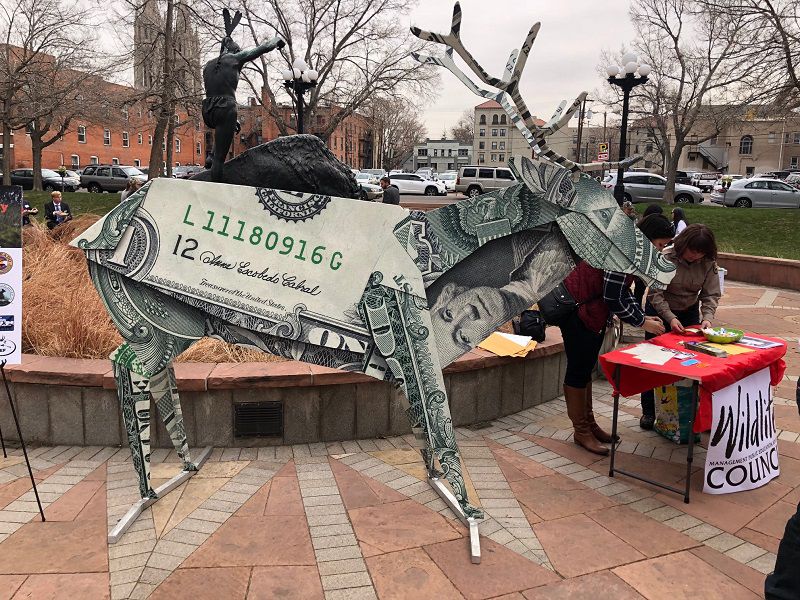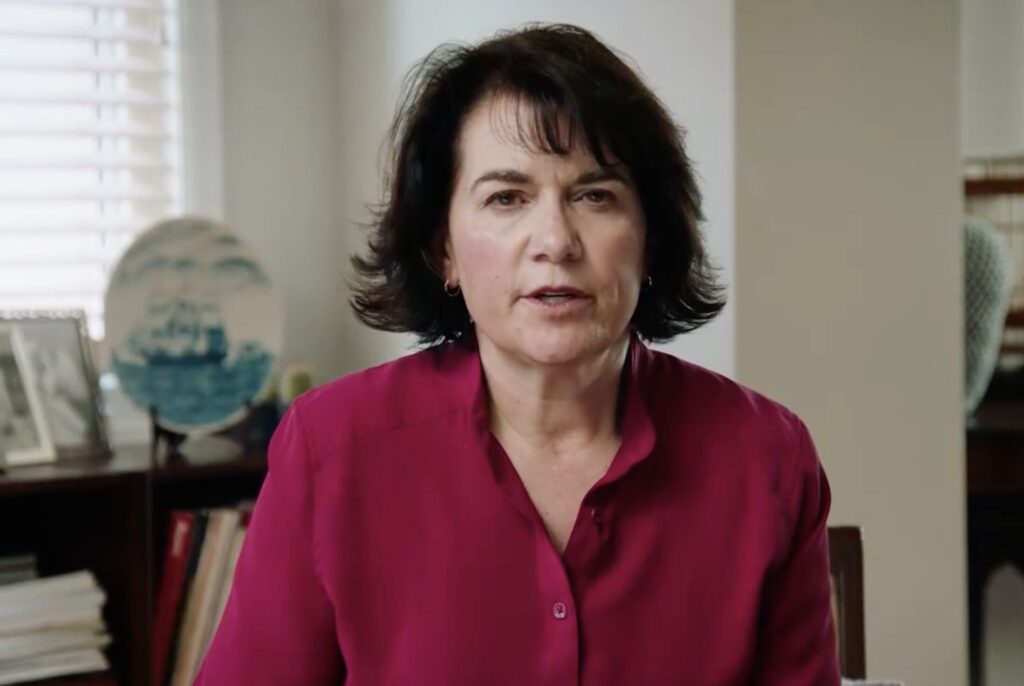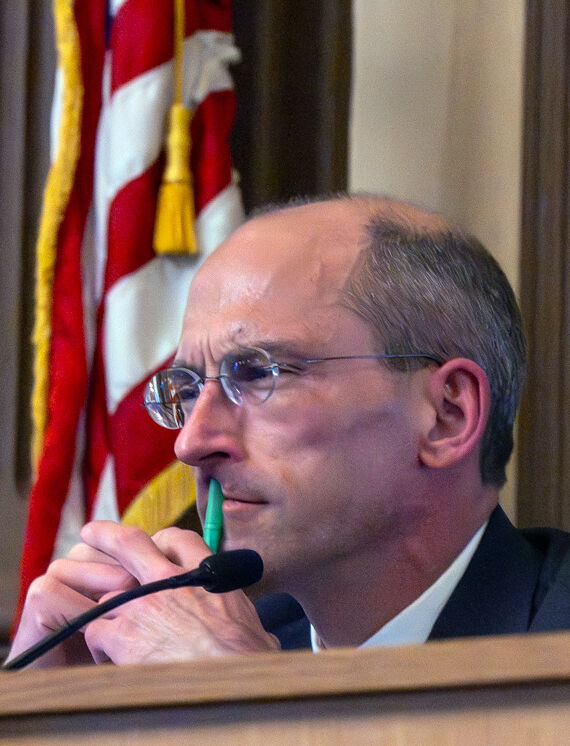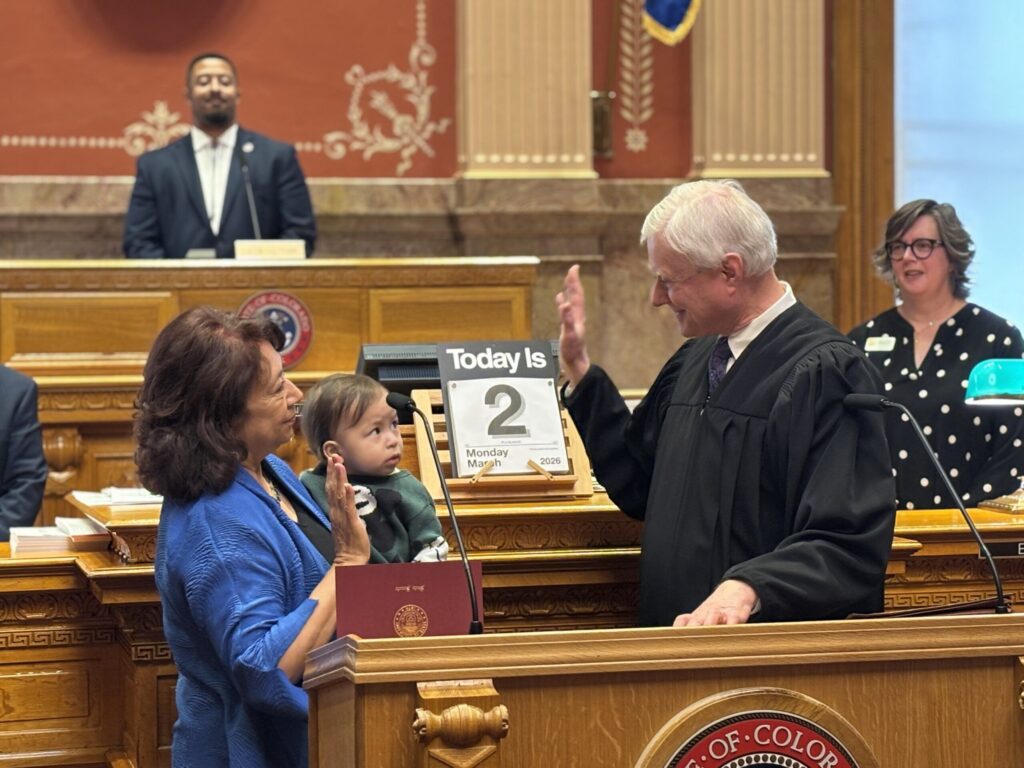Hunting, fishing fee increases headed to Hickenlooper’s desk

Hunting, fishing and other recreational groups asked to pay more to protect Colorado Parks and Wildlife, and now they’ve gotten their wish.
Senate Bill 143 passed the House 45-17 Thursday, providing the first infusion of cash to the agency in 13 years. Moreover, it assures that public lands and a raft of conservation programs don’t face deep cuts.
The broadly spread, relatively minor fee increases are expected to raise $19.4 million a year for an industry that sportsman groups argue delivers $5 billion a year to Colorado’s economy.
Parks and Wildlife, however, depends almost entirely on licenses and fees. The increase for a one-day fishing permit for a Colorado resident, for example, would go up by $4 and annual pass would increase by $8. The bill also adjust fees in the future based on the consumer price index.
The full list of increases is available by clicking here.
More than 54 outdoors, recreation and conservation groups supported the bill sponsored in the House by Reps. Jeni Arndt, D-Fort Collins, and Jim Wilson, R-Salida.
“The outdoorsmen of Colorado have decided it’s time we got Colorado Parks and Wildlife fiscally solvent,” said Wilson, an avid hunter and angler who will have to pay more.
Arndt said the bill was three years in the making. Last year to the House passed increases that were killed in the Senate, over concerns they raised the fees too much on a relatively narrow segment.
This year the legislation passed the Republican-held Senate 35-0 last month. All 17 votes against the bill in the House were from Republicans.
A side debate on the bill, however, broke out Thursday.
Rep. Kimmi Lewis, R-Kim, wanted to strip out a provision in the legislative declaration – the statement of intent of the proposed law, not included in the legislation itself – that says the state can use part of its money to invest in future state parks.
In southeast Colorado, which Lewis represents, elected leaders and those who have not put their property into conservation easements or sold it to the government say draining private property off the tax rolls is choking off the lifeblood their economy, public services and school.
Lewis tried and failed to get in two amendments: one that would have taken out the declaration about future parks and another to ensure Las Animas County, which she represents, doesn’t have any new state parks.
“I support what’s going on with hunting, but I do not support more government land,” she said.
Wilson and Arndt pushed back, saying their bill doesn’t do anything to take away private property for government use. Arndt said exempting Las Animas County would take away private property rights from those who want to sell their land or put it into a conservation easement.
“More land off the tax roll will not happen without the agreement of the land owner,” Wilson said.














